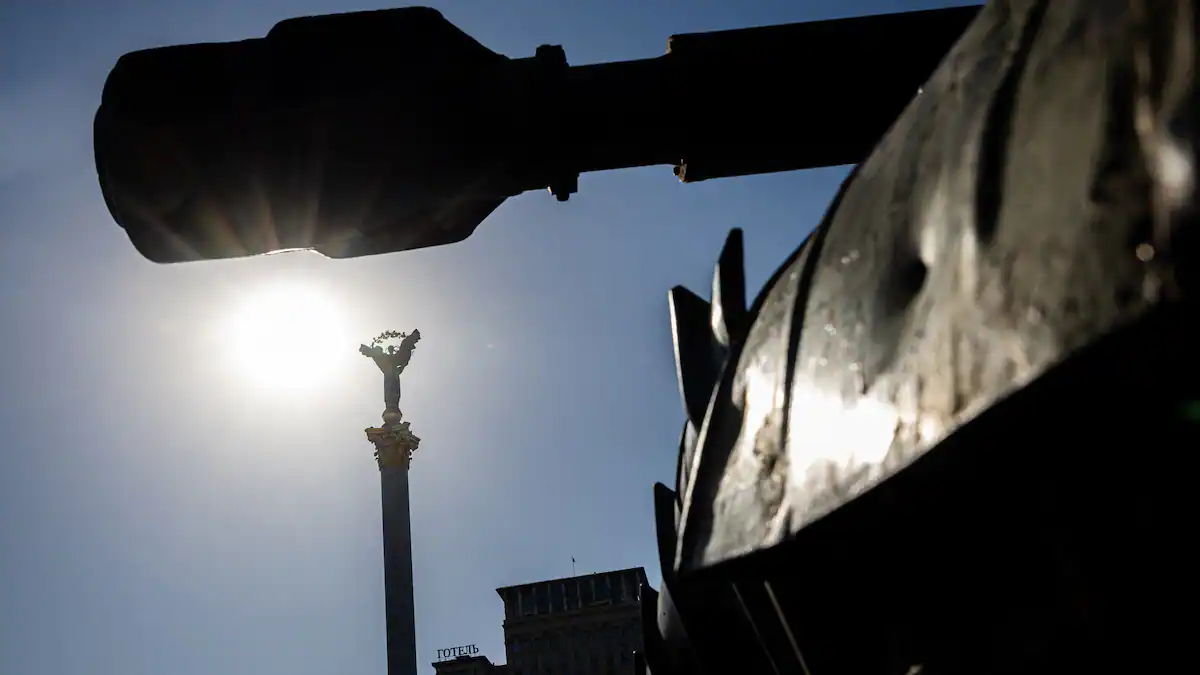The Ukrainian public operating company on Saturday warned of the danger of “radioactive material scattering” at the Ukrainian nuclear power plant in Zaporizhia, which is occupied by Russian forces.
According to Energoatom, Russian forces have bombed the site “repeatedly over the past day”.
“As a result of the periodic bombing, the plant’s infrastructure has been damaged and there are risks of hydrogen leakage and radioactive material spraying,” the Ukrainian nuclear power company said on Telegram, adding that there was a “high risk of fire.”
According to the operator, since Saturday noon (0900 GMT), the plant is “operating with the risk of violating radiation and fire safety standards.”
Russia, for its part, accused Ukraine of bombing Zaporizhia during the past 24 hours.
The Russian Ministry of Defense confirmed, in a statement, that Ukrainian artillery fired 17 shells at the vicinity of the power plant, the largest in Europe.
Four (shells) fell on the roof of a private building a number of meters from a used fuel depot and near another containing “fresh fuel”.
According to the Russian military, the Ukrainian army fired from the vicinity of the town of Merhanit, which faces the factory, on the opposite bank of the Dnieper River, which is still controlled by Kyiv.
AFP was unable to verify these statements from an independent source.
Russian forces took control of the Zaporizhia plant, where six of Ukraine’s 15 reactors are located, in early March, shortly after the start of the invasion on February 24, and is located near the front line in the south.
Kyiv and Moscow accuse each other of carrying out bombing operations near the same complex near the town of Energodar on the Dnieper River.
On Thursday, the plant was cut off from Ukraine’s power grid for the first time since its operation four decades ago, due to “the actions of the invaders,” according to Energoatom.
Ukrainian President Volodymyr Zelensky said the blackout was caused by the Russian bombing of the last active power line connecting the station to the grid.
The plant was brought back into service on Friday afternoon, but Zelensky warned that “the worst case scenario … is constantly being provoked by Russian forces.”
The International Atomic Energy Agency (IAEA) urges that a mission be sent to the station “as soon as possible to help stabilize the nuclear safety and security situation.”

“Extreme twitteraholic. Passionate travel nerd. Hardcore zombie trailblazer. Web fanatic. Evil bacon geek.”

